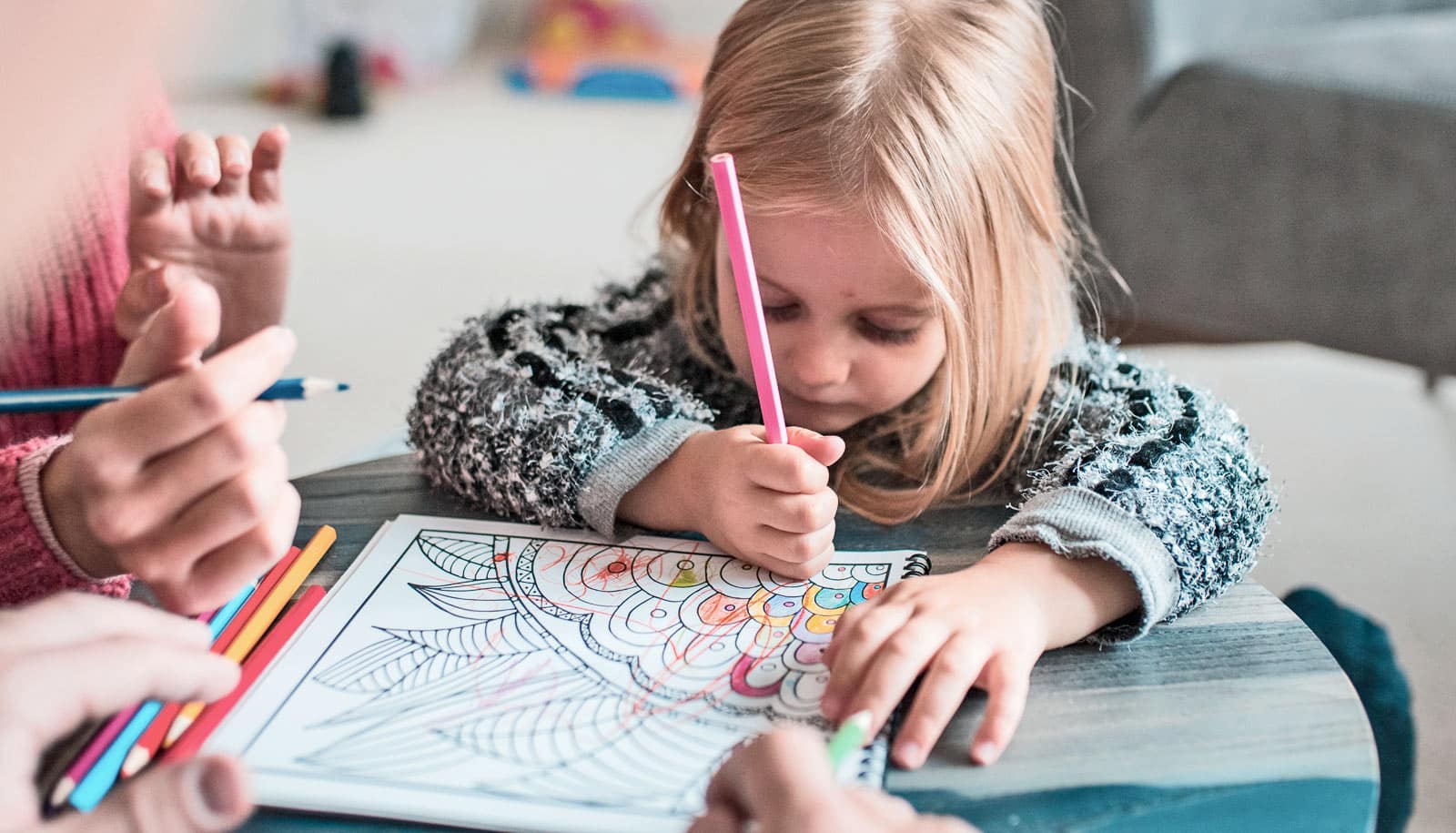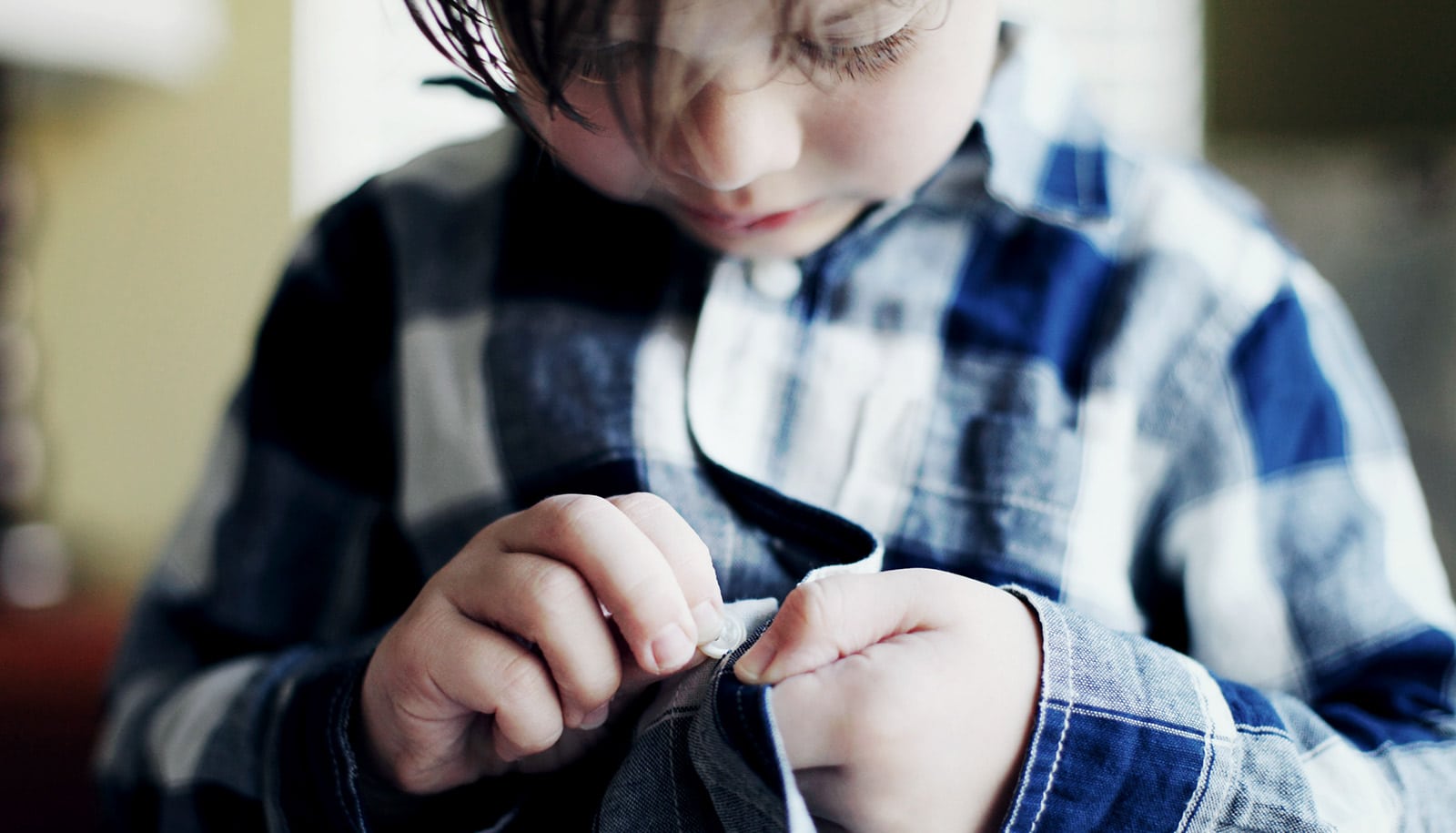Families of children with autism face high physical, mental, and emotional burdens, are sometimes face ridicule and accusations of child abuse, according to a new small study.
The study surveyed 25 caregivers of 16 children ages 2 to 20 with autism spectrum disorder to evaluate how their care affected their family dynamics, physical and mental health, and social functioning. The researchers also asked about the caregivers’ worries, daily activities, family relationships, and insurance.
“While the understanding of how autism spectrum disorders impact individuals has grown, the awareness of the burden on families who care for these individuals is less established,” says Xue Ming, a professor of neurology at Rutgers University’s New Jersey Medical School. “Caring for loved ones with autism spectrum disorder is emotionally and physically taxing.”
The study found:
- Emotional burnout was more likely in families with a child with low-functioning autism spectrum disorder and simultaneous conditions.
- Social isolation was greater in families who reported significant emotional burnout.
- Families with more than one caregiver experienced less emotional burnout and social isolation.
- Families with a higher socioeconomic status tended to spend more money on medical treatments outside of their health insurance policy.
- Families with an aggressive and irritable child tended to experience more social isolation and emotional burnout.
- Simultaneous medical and behavioral disorders were common in these children.
Of the 16 families in the study, 9 reported being ridiculed or accused of child abuse, which they said limited them from attending social events; visiting public places such as churches, supermarkets, and restaurants; and using mass transportation.
“This suggests that communities need to improve their inclusiveness for families with children with autism spectrum disorder,” Ming says.
“The study shows there is a need to raise public awareness of the burdens faced by these families and to alert medical providers to provide them with more support.”
The findings can also help people advocate for better resources for these children and families to improve their quality of life and reduce stress, she says.
The findings appear in the International Journal of Autism & Related Disabilities.
Source: Rutgers University



